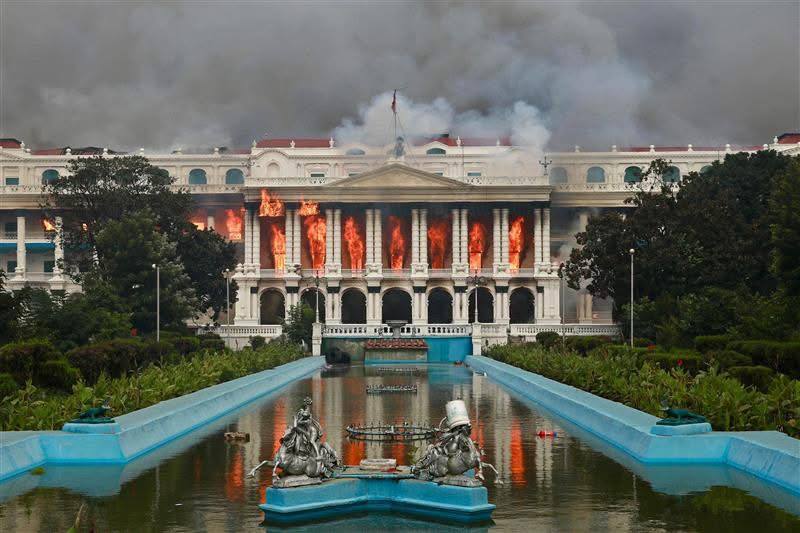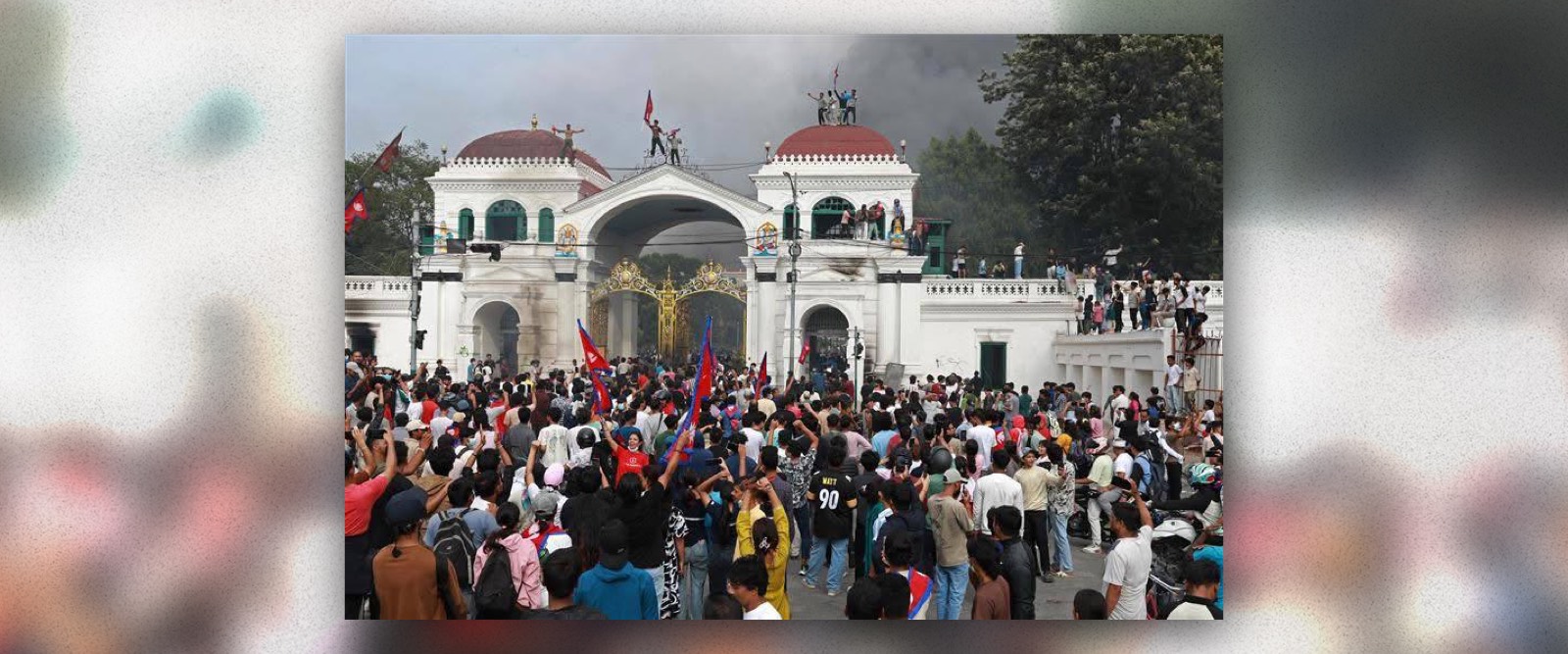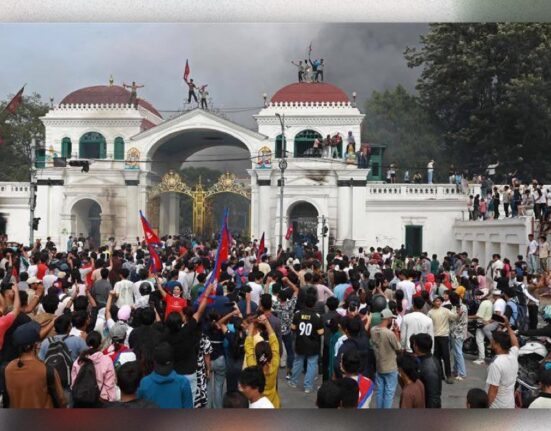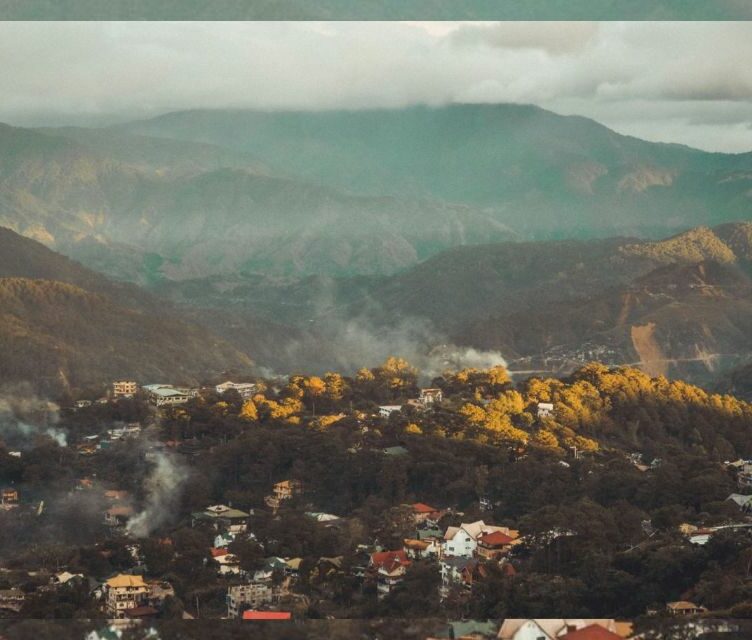THROUGHOUT history, the fingerprints of youth have marked every revolution—driven by passion, persistence, and an unwillingness to back down. Today, a new wave is rising. This time, they’re not wielding weapons, but raising their voices in unified defiance.
Generation Z is making it clear: nationalism is no longer a silent submission to authority, but a bold and unwavering demand for justice, transparency, and accountability when it matters most.
In recent weeks, this truth thundered through the streets of Nepal, where young citizens led massive anti-corruption protests that ultimately pressured Prime Minister Khadga Prasad (K.P.) Sharma Oli to resign.
Now, a similar blaze is taking hold in the Philippines, where Gen Z Filipinos are taking a stand against the deep-rooted corruption that continues to undermine the nation. This moment is more than a political awakening—it is a generational reckoning.
A Wake-Up Call and a Blueprint
Last week, social media platforms exploded with news of how Nepalese Gen Zs managed to bring down their country’s Prime Minister through a series of violent but coordinated protests.
The demonstrations left at least 51 people dead, over 1,300 injured, and caused thousands of prisoners to break free—but for many young Nepalese, the goal was met: a much-needed shake-up in leadership.
The unrest began after the government announced a ban on 26 social media platforms—including WhatsApp, Instagram, and Facebook—after they failed to register with Nepal’s Ministry of Communication and Information Technology.
However, critics argued that the move was a veiled attempt to silence an ongoing anti-corruption movement. While the ban was the immediate trigger, the protests reflect a deeper and long-standing frustration with government failure and abuse of power.

Photo Courtesy: AFP
Protesters also torched the parliament building in Kathmandu, sending thick plumes of black smoke into the sky, while government offices and the homes of political leaders were attacked across Nepal.
Thousands from the younger generation took to the streets—marching, protesting, and demanding accountability. Not out of hatred for their country, but because their love for it was too deep to let it rot under failed leadership.
Their message rang loud and clear: true nationalism is not blind obedience—it’s the courage to question and confront power when it goes unchecked. The fall of the Prime Minister wasn’t just a change in leadership—it was a powerful generational triumph.
The youth, long written off as distracted or indifferent, revealed that their outrage wasn’t empty rage, but a passionate form of resistance born out of deep national pride. Their victory resonated beyond borders, echoing in other nations battling the same plague: corruption.
Storm of Youth Awakening
In the Philippines, rage is also brewing—and with just as much cause. Billions of pesos are being funneled into dubious flood control projects, while poor communities continue to suffer from both literal floods and a flood of injustice.
Allegations of ghost projects, overpriced infrastructure, and rigged bidding systems have triggered widespread anger, especially among Gen Z Filipinos who refuse to inherit a broken system in silence.
What used to be platforms for pop culture and trends—Facebook, X (formerly Twitter), TikTok, and Instagram—have now become spaces for Gen Zs to educate, protest, and take political action.
Hashtags now expose corruption, and memes serve as tools for critique. Older generations may not always recognize it, but this new form of activism is every bit as potent—just expressed through the digital language of a connected generation.
They’re no longer asking politely. They’re demanding accountability, truth, and reform. Like their counterparts in Nepal, Filipino Gen Zs aren’t driven by hate, but by a powerful, aching love for a better Philippines—and a refusal to let it be swallowed by corruption.
Rather than giving in to apathy, Gen Z is rising. They see through propaganda. They verify facts. They strategize. They remember. Their fury is not reckless—it is calculated. It is not naive—it is deeply aware. And above all, it is not temporary—it is growing.
Silence Us, and We’ll Only Get Louder
In a conversation with republicasia, former Far Eastern University (FEU) College Y Club President Geb Al Bari, now 25, shared his thoughts on the issue. According to him, attempting to silence Gen Z is one of the biggest mistakes any government can make.
“Nepal proves a truth we often forget: silence young people, and they’ll shake the system louder,” Al Bari said, talking about how the Nepalese’s movement represent nationalism for Gen Zs.
“For us, it’s not just about banned apps, it’s also about how corruption in something as basic as flood control projects leaves families swimming in sewage while billions vanish. That’s not inconvenience, that’s injustice.”
“Globally, it shows that Gen Z isn’t just ranting, that we are done with business as usual, we’re refusing to inherit broken systems. There’s no room for apathy for us Gen Zs because silence only benefits the corrupt,” he added.
Meanwhile, 24-year-old Ian Capati believes the violence in Nepal shouldn’t be viewed solely in a negative light. For him, it reflects years of bottled-up frustration and shows just how far Gen Zs are willing to go to fight for change.
“The fact na umabot siya sa point of violence shows how serious they were. It’s not just rebellion for the sake of it — it’s a statement na ‘hindi kami takot’,” Capati said.
“Gen Z is often dismissed as “soft” or “keyboard warriors,” pero this movement proved na we’re willing to risk comfort, safety, even our future, just to protect what we believe is right.”
“It’s not about chaos, it’s about making sure our voice is impossible to ignore. That’s real nationalism — ‘yung handang kumilos for the country, kahit mahirap,” he went on to explain.
Gen Z Stands Apart
Witnessing how Nepalese Gen Zs rose against a flawed political system, Filipino youth should draw inspiration from their courage—not to incite violence, but to stand up for the nation, even through the smallest acts of resistance.
“When we see other Gen Zs stand up, it’s like a wake-up call. Parang, “Kung kaya nila, bakit tayo hindi?” It inspires us to care more about our own country,” Capati shared
“To speak out when something’s unjust, and to remind ourselves that loving the Philippines means fighting for a better system. Hindi lang puro memes or rants sa Twitter—actual action, even if it starts small,” he added.
Meanwhile, Al Bari emphasized the importance of reflecting on the country’s current state and allowing it to rekindle a collective sense of nationalism. In his view, this is the very foundation where true democracy begins to thrive.
“Dissent is not rebellion, it’s democracy breathing. Bilang kabataan, dalhin natin ang laban hindi lang sa kalsada at komunidad na nasasakupan kundi sa hapagkainan. Corruption thrives when it becomes “normal”,” Al Bari said.
“But when families start asking “asaan ang pondo?” over dinner, when students demand answers in classrooms, when barangay halls echo with accountability, that’s how democracy grows roots.”
“And this fight isn’t just Gen Z’s, it’s everyone’s, because a safer, more efficient Philippines benefits us all,” he went on to explain.
The wrath of youth is not chaos—it is a form of clarity. It may be intense, but it is grounded in a steadfast love for their nation, one that refuses to accept dishonesty, mediocrity, or decay any longer.
What the world sees today is not an uprising born of disrespect, but a movement rooted in responsibility. Gen Z isn’t tearing down their flags—they’re lifting them higher, marked not by surrender, but by unwavering resolve.
How useful was this post?
Click on a star to rate it!
Average rating 0 / 5. Vote count: 0
No votes so far! Be the first to rate this post.
We are sorry that this post was not useful for you!
Let us improve this post!
Tell us how we can improve this post?







